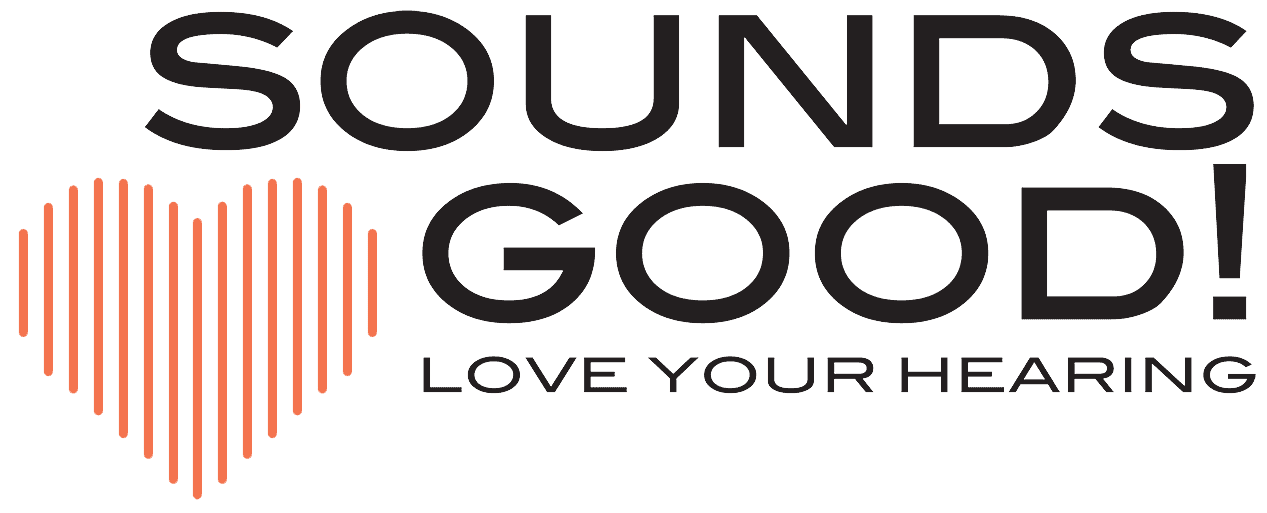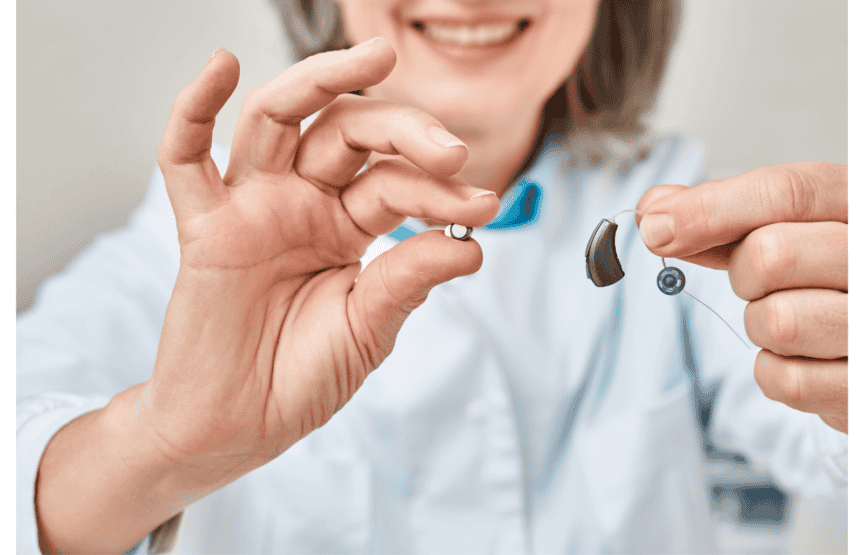- Best Practices for Safely Changing Hearing Aid Batteries - May 6, 2025
- The Connection Between Stress and Tinnitus - April 7, 2025
- Breaking Barriers to Hearing Health with Mobile Audiometric Testing Services - March 3, 2025
Taking good care of hearing aid batteries is critical for ensuring the device’s optimal performance. Batteries serve as the lifeline of hearing aids, making consistent and proper handling necessary to avoid interruptions in sound clarity. Additionally, good battery care practices extend the battery life, ultimately providing a better hearing experience.
Battery care begins with recognizing when it’s time to change them. Look for signs such as a decrease in sound quality, intermittent operation, or the device signaling that it’s low on power. Noticing these early prevents sudden disruptions and ensures continuous assistance from the hearing aid.
Steps for Safe Battery Replacement
Changing hearing aid batteries safely involves a few straightforward steps. Begin by gathering the necessary materials, which include a clean dry cloth and the new batteries, ensuring they match the type recommended by the manufacturer. As you remove the old batteries, handle them gently to prevent battery leakage or damage to the device.
Hold the hearing aid securely and open its battery compartment using minimal force to avoid damage. Remove the old battery carefully and check the compartment for any signs of corrosion, cleaning it gently with a cloth if necessary. Proceed to unwrap the new battery and let it sit for a minute to activate, enhancing its efficiency and longevity.
Proper Handling for Maximum Safety
Proper handling of hearing aid batteries goes beyond just replacement. Always wash and dry your hands before touching the batteries to avoid transferring dirt and oils, which can impact performance. Despite their small size, batteries require responsible handling due to the chemicals they contain.
Always store spare batteries in their original packaging and keep them at room temperature. This prevents unnecessary exposure to moisture or extreme temperatures that could reduce their effectiveness. Avoid carrying loose batteries in pockets or bags to prevent accidental discharge or short-circuiting.
Disposal and Environmental Responsibility
Disposing of hearing aid batteries requires thoughtful consideration. Most hearing aid batteries contain small amounts of heavy metals, so proper disposal is key for environmental safety. Many communities offer battery recycling programs or designated drop-off locations where used batteries can be safely disposed of.
Never throw hearing aid batteries in the trash, as they could harm the environment. Consider gathering old batteries and making fewer trips for disposal, saving time and reducing the carbon footprint. Recycling involves a small effort but contributes significantly to environmental conservation.
Tips for Extending Battery Life
To extend hearing aid battery life, consider employing a few simple tips. Turn off the hearing aid when it’s not in use to conserve energy and prevent unnecessary drainage. If possible, leave the battery compartment open overnight to allow moisture to escape, thus prolonging the battery’s lifespan.
Use a dehumidifier designed for hearing aids, as it helps maintain optimal device conditions. Purchase batteries from reliable sources and check expiration dates before use, ensuring you are using fresh and potent power cells. Adopting these practices contributes not only to battery longevity but also to overall device efficiency.
Seeking Professional Guidance
Seeking assistance from hearing health professionals is beneficial for understanding the specifics of hearing aid battery care. Schedule regular appointments to ensure the hearing aid is functioning correctly and learn about any technology or battery options updates. These professionals provide guidance tailored to individual needs, ensuring both device longevity and user comfort.
While handling and maintenance may seem straightforward, having expert advice helps ensure all aspects are covered diligently. Hearing health professionals extend valuable support by offering the best solutions based on the unique requirements of each user. Developing a reliable rapport with them promotes a rewarding experience with hearing aids.

